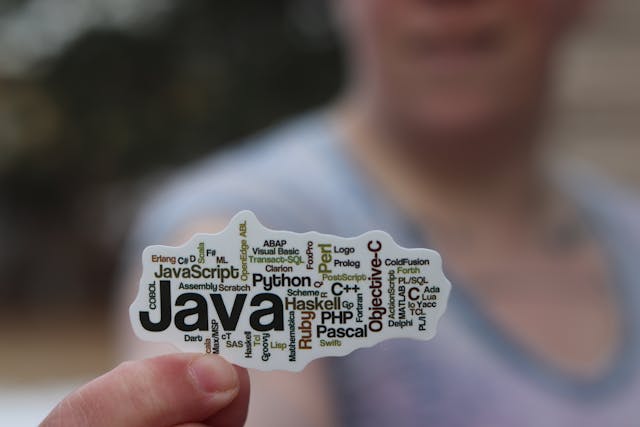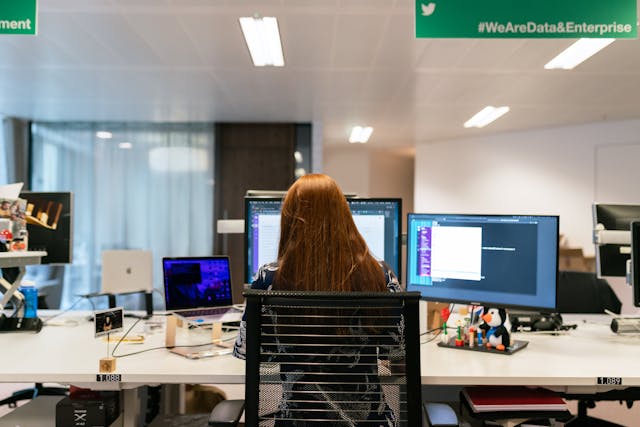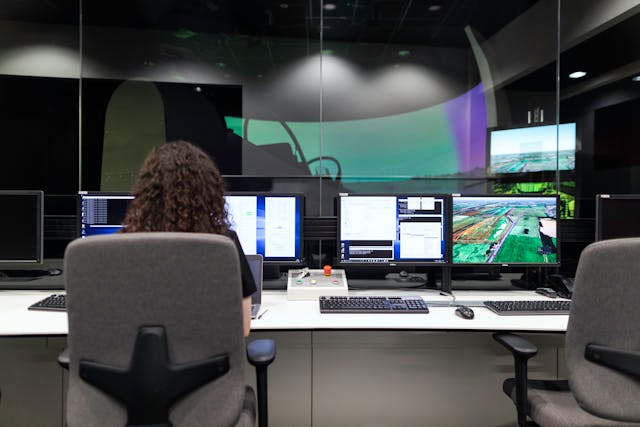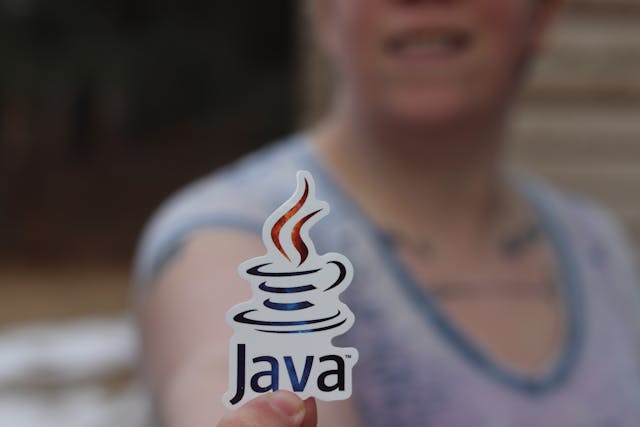How To Manage Your Rental Investment as A Remote Landlord
If you seek to kickstart or upgrade a rental property business, you’ll be happy to know you’re not limited to one location. With the right technologies, you can manage your property remotely. You can literally live anywhere in the world and enjoy passive income, but set up management attentively – try to keep an eye on everything. Remote landlords hold the same responsibilities as local landlords, so you’ll need excellent organizational skills (and a little bit of luck) to keep everything running smoothly. Using this guide, you can ensure your property is well-managed.
Table of Contents
Advertise Your Rental Property
Generate interest in your rental so that you’ll find good tenants. If you’re not already advertising online, you’re missing out on a lot because most renters today find properties through online portals rather than flyers or newspaper advertising. List your property on a site like Zillow or Trulia to attract and retain tenants. Put together a listing that draws attention to the best features of the home (e.g., private backyard, pet—friendly, new appliances) and tells people what they need to know (how many bedrooms and bathrooms does the unit have?). Mention if the property is located close to a park, train line, university, shopping market, and so on.
The amount of rent you can charge should be a percentage of the home’s market value. In other words, you should set a price that makes sense for the local market; otherwise, people will move on to another listing. It’s a good idea to market your listing on social media to connect to prospective tenants; you can showcase your rental property on YouTube, Facebook, LinkedIn, and Twitter. Social media can be part of your screening process, meaning that you can learn more about applicants for your rental property, but make sure you don’t cross privacy boundaries.
Show Prospective Tenants the Property Remotely
When viewing the rental property, the tenants’ first reaction will be purely emotional. They’ll either love the look and feel of the place or run out the door in horror. You only get one chance to make a good first impression. Consider doing a virtual walkthrough, sharing the key selling points of the home – the guided video tour will offer renters a perspective on the home’s layout and flow that can’t be achieved with photos. Equally, you can sell the neighborhood. People crave strong connections with their neighbors, so they’re concerned about the makeup of the local community. Add drone footage for a high-level view.
Keep An Open Line of Communication
Effectively communicating with tenants is just as important as managing your portfolio or finances, so ensure you’re a frequent and diligent communicator. By establishing an open line of communication, you can solve problems quickly and prevent others from happening in the first place. Try to imagine the following situation: You manage a small multi-family housing unit, and your tenants have informed you the boiler is broken. You must address the situation within 24 hours, so look into rental boilers until you can purchase a permanent replacement. New York boiler rental services can help you solve the issue whether your system is shut down or undergoing maintenance work. Even if you ignore the problem, it doesn’t go away.
Being a remote landlord means you’ll be available via phone and email at all times. Good communication makes it easier to anticipate problems, make better decisions, and develop stronger relationships. For instance, if renters notify you of pipe failure ahead of time, you can handle the emergency right away and avoid a costly boiler replacement. Some people might consider phone calls and emails time-consuming, so maintain multiple lines of communication – check with tenants to see if they prefer texting, social media, and so on. Be firm when you need to, but be patient and deal with people professionally.
Leverage Your Network
Even if you’re far away, you can still keep on top of things. How? With the help of a team of professionals who can carry out any task without supervision. Remote landlords often hire local property management companies to save money and stress over the long haul. You could do the same. Property managers have a network of contractors, not to mention streamlined processes at your disposal, so you have a guarantee there will be no problems. Likewise, you could enlist someone like a Bond Rees private investigator to carry out background checks on your tenants to make sure they are trustworthy and reliable. Your rental property is located far from where you live, so it pays to have someone take care of the problems that you can’t handle from afar.
Manage Rent Payments Online
Rent is the essence of your business, so make sure payments are made on time. You can establish an online rent payment system so that you don’t have to physically gather checks or waste time at the bank. If you already use software to collect rental applications, screen tenants, and market your property, all you have to do is collect rent payments via the same platform. Maybe you don’t use property management software. In that case, take advantage of money transfer apps like Google Wallet or PayPal, as they’re popular among young renters. Keep in mind there’s a fee for each business transaction.
The sooner the rent is in your account, the faster you can pay your bills. It’s true that it can take a day or two for payment to be available in your account, but banks usually make the funds available the next business day. There’s no wasted time or effort. Paper checks contain personal information, which can leave the subject vulnerable to fraud. Indeed, it’s not your problem, but you should do your best to help renters stay safe by making rent payments possible online. You can send automatic reminders about the amount due and the due date.
Conclusion
Being a remote landlord is hard, but it becomes easier as you advance in your journey. It might seem like an impossible task, but the truth is that with the right technology, there’s nothing you can’t do. Just because you don’t monitor the rental property in person, that doesn’t mean you should relax the rules.









